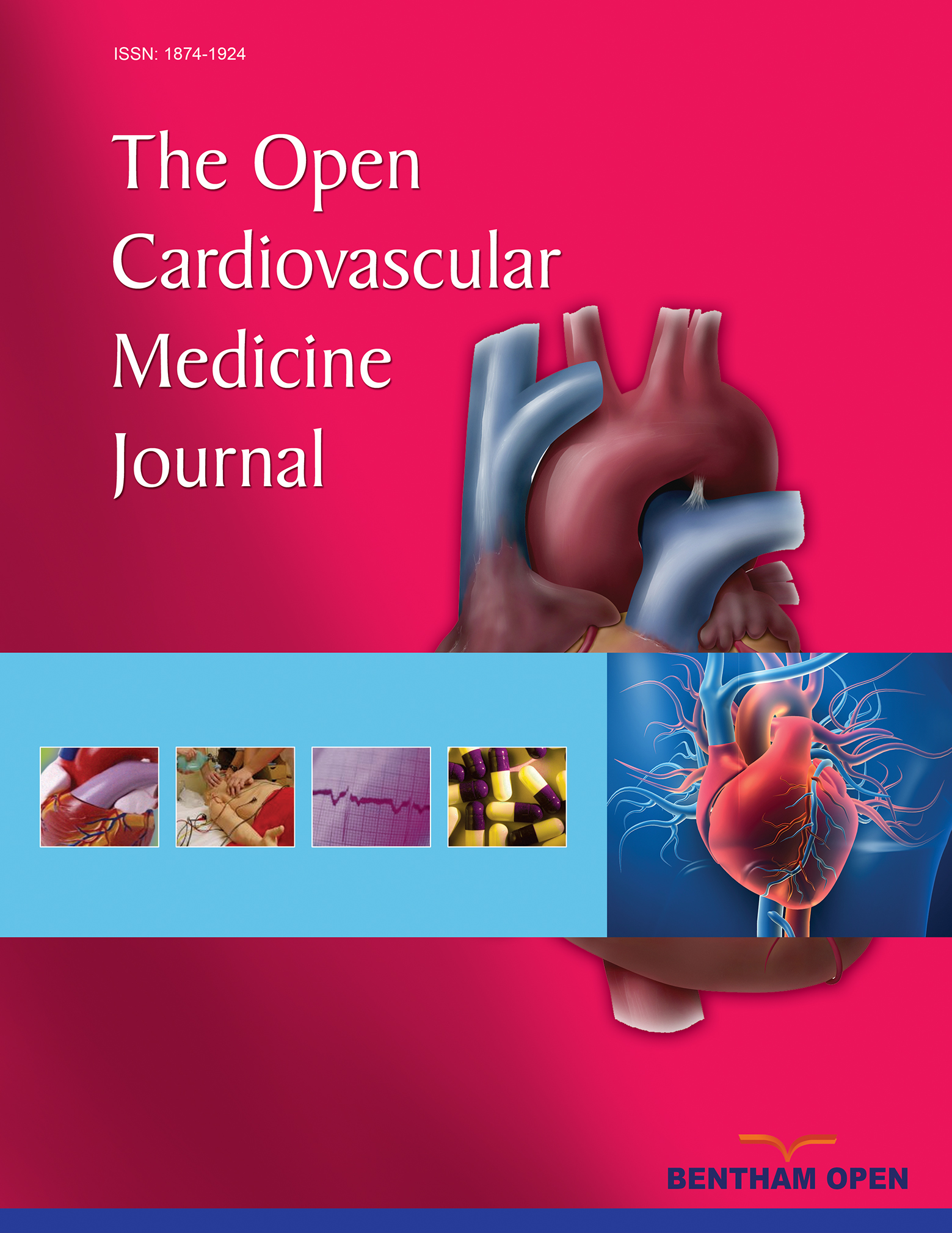All published articles of this journal are available on ScienceDirect.
Cardiac Arrest Caused by Torsades de Pointes Tachycardia after Successful Atrial Flutter Radiofrequency Catheter Ablation
Abstract
A 66-year-old woman underwent successful radiofrequency catheter ablation for long-lasting, drug refractory fast atrial flutter. Two days later she had a cardiac arrest due to torsades de pointes (TdP) tachycardia attributed to relative sinus bradycardia and QT interval prolongation. After successful resuscitation further episodes of TdP occurred, which were treated with temporary pacing. Because of concomitant systolic dysfunction due to ischemic and valvular heart disease she was finally treated with an implantable defibrillator. In conclusion we strongly advise prolonged monitoring for 2 or more days for patients with structural heart disease following successful catheter ablation for long lasting tachyarrhythmias.


